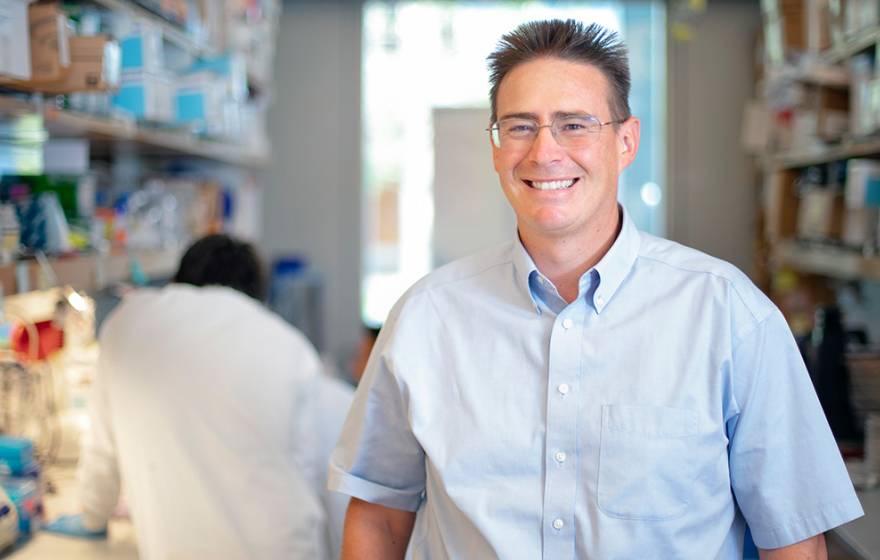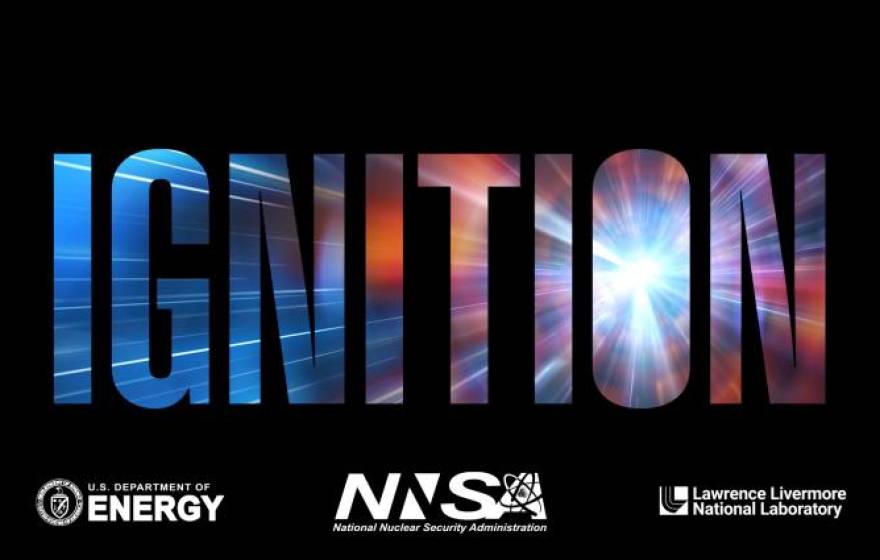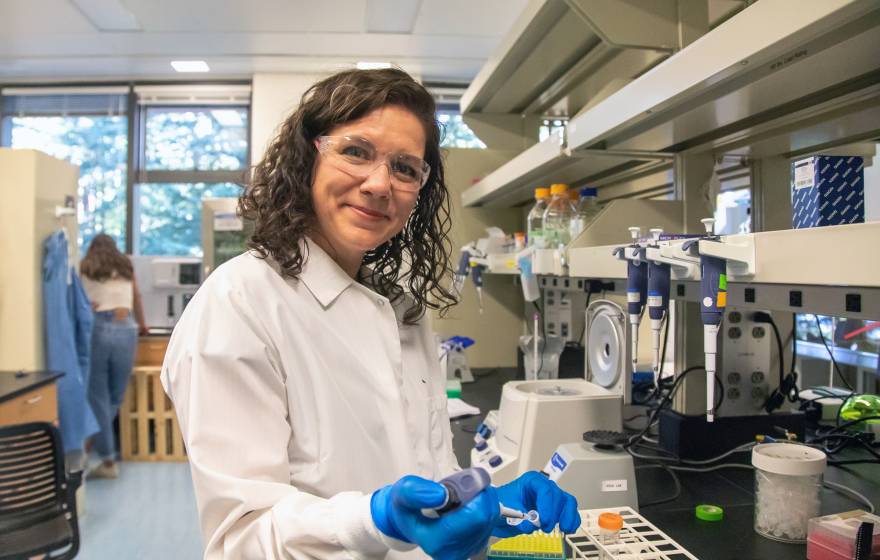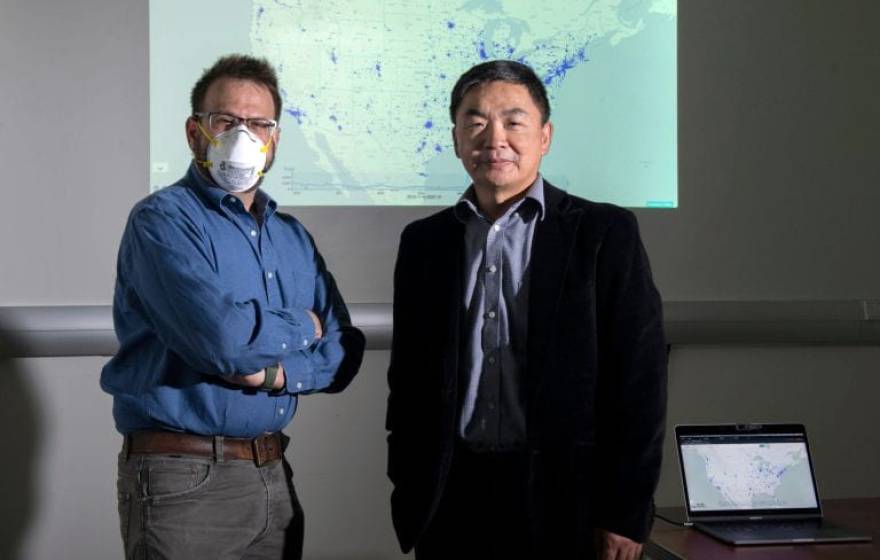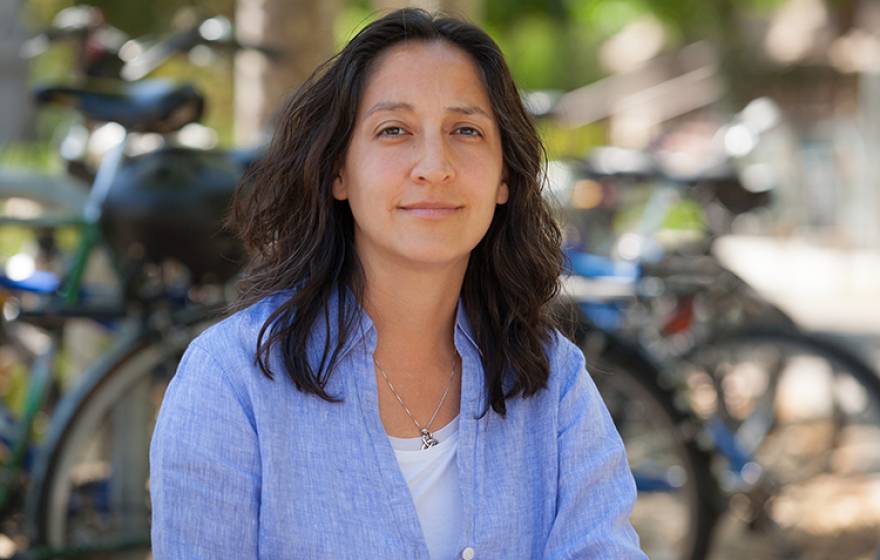UC Office of the President |
University of California announces groundbreaking $80 million grant program to spur climate action projects
As part of a historic partnership between the University and the state of California to combat climate change, UC will award $80 million in research grants across the state.
UC Riverside |
Skip the angry, never-sent letter — try a grateful one instead
Letter writing carries greater benefits than gratitude journaling, new UC Riverside research finds.
UC Newsroom |
Hundreds of UC faculty named among the world’s most influential researchers
More than 330 faculty were included in the 2022 list, more than any other university system in the world.
Lawrence Livermore National Lab |
Lawrence Livermore National Laboratory's National Ignition Facility achieves fusion ignition
The U.S. Department of Energy (DOE) and DOE’s National Nuclear Security Administration (NNSA) today announced the achievement of fusion ignition at Lawrence Livermore National Laboratory (LLNL) — a major scientific breakthrough decades in the making that will pave the way for advancements in national defense and the future of clean power.
UC Newsroom |
12 incredible UC research breakthroughs in 2022
Another year is very nearly in the books, and when it comes to the work that UC researchers have accomplished in 2022 — from sequencing the human genome and achieving fusion ignition — that book is quite the page-turner.
UC Berkeley |
Scientists discover secret to waking up alert and refreshed
Do you struggle with grogginess every morning, or fight to stay awake throughout the day? Sleep researchers offer tips.
UC Berkeley Greater Good Science Center |
Do you underestimate the impact of being kind?
A recent study shows that small kindnesses have more of an effect on people than we expect.
UC Santa Barbara |
A needle in a coastal haystack
A tiny species known only from fossils is found alive in the tidepools of Santa Barbara.
UC Riverside |
Injections for diabetes, cancer could become unnecessary
Hate needles? These researchers do too.
UC Irvine |
An early warning system for future pandemics?
The hunt is on for tipoffs in social media and public data.
UC Berkeley |
First-ever UC Berkeley program trains, certifies psychedelic guides
24 people in a first-of-its-kind training program are learning to safely guide patients’ psychedelic experiences in therapeutic and research settings.
UC Santa Barbara |
Dietary interventions for polycystic kidney disease yield an ‘amazing’ result
A carefully managed ketogenic diet could help effectively manage the disease, which affects more than 12 million people worldwide.

